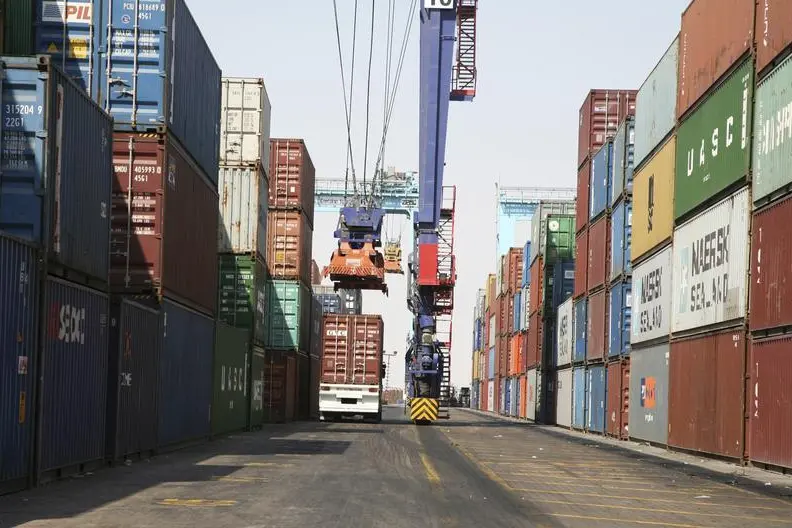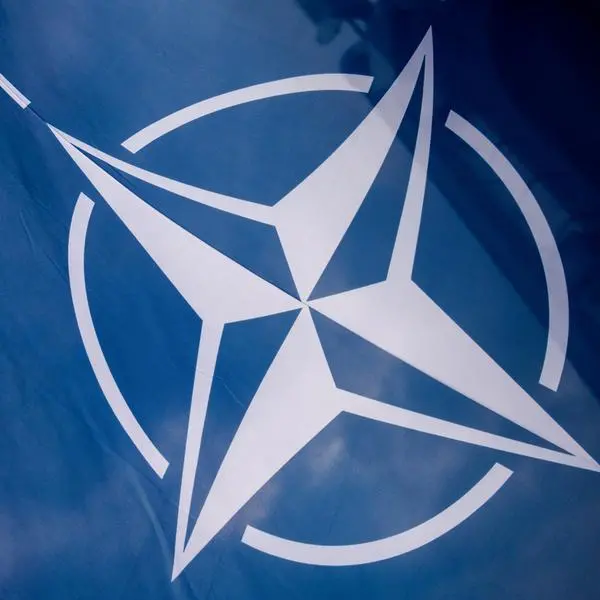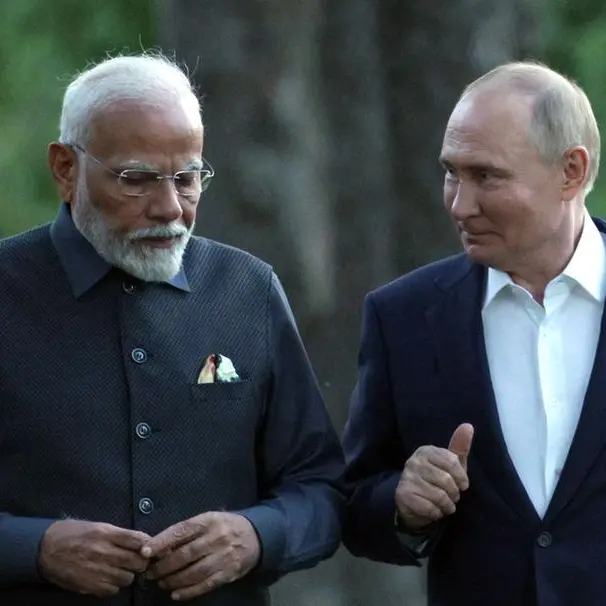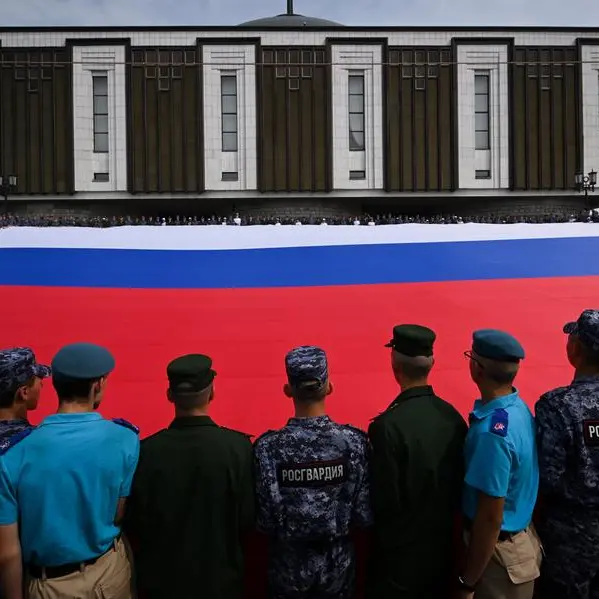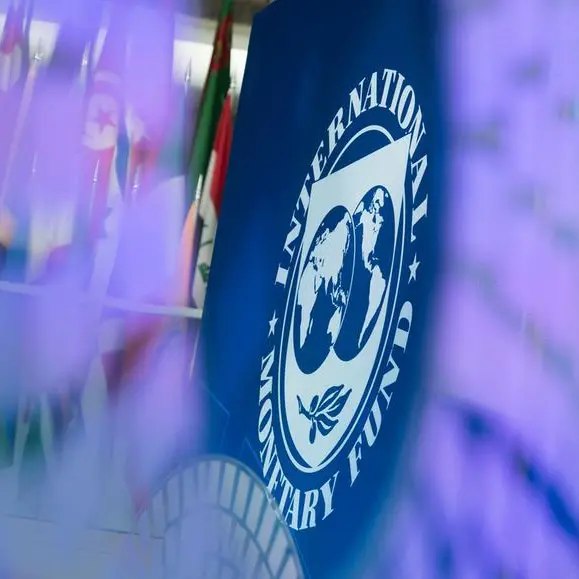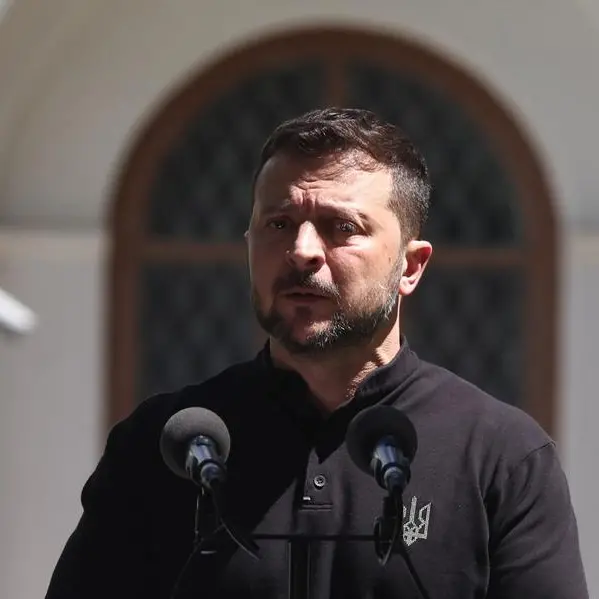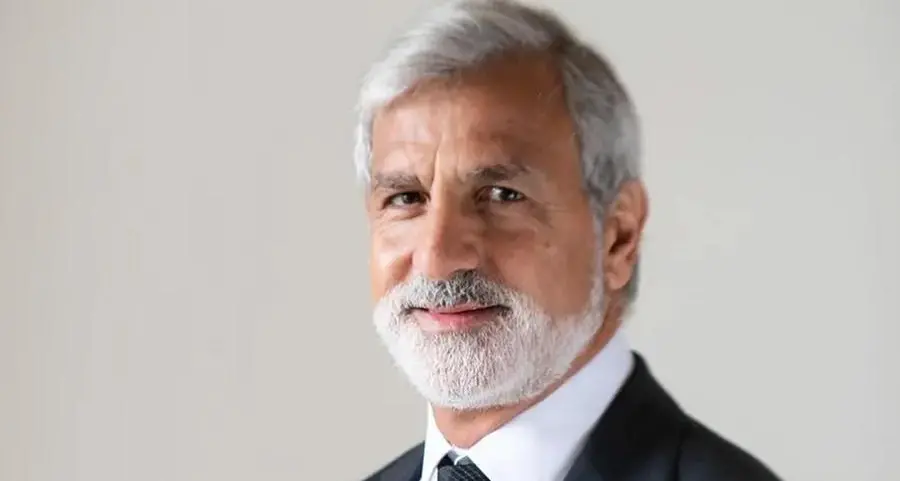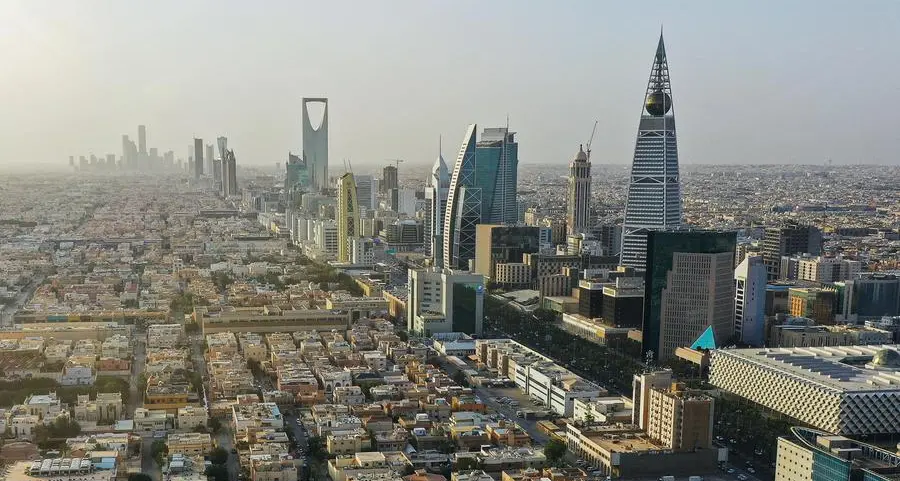PHOTO
Global food markets must remain open without export restrictions to ensure supplies to poor countries in particular after the Ukraine conflict caused surging prices and tight supplies, German agriculture minister Cem Oezdemir said on Friday.
“Markets must remain open,” Oezdemir said on German television ZDF.
A global food crisis sparked by Russia's invasion of Ukraine escalated this week with food export restrictions announced by a growing list of key producing countries seeking to keep vital food supplies within their borders.
Oezdemir was speaking ahead of a meeting of agriculture ministers of the G7 group of nations hosted by Germany on Friday to discuss the consequences of the Ukraine conflict for global food security. Germany currently holds the G7 presidency.
“We must ensure that the grain which is available is available fairly at affordable prices,” Oezdemir said.
Grain importers globally have been hit by surging prices following a sudden stop to grain exports from Ukraine and a sharp reduction from Russia after the conflict closed ports, with Moscow terming its actions a "special operation.”
Wheat prices leapt to 14-year highs. Russia and Ukraine provide nearly 30% of global wheat exports and are also important suppliers of edible oils.
Oezdemir was concerned at the impact of rising prices and tight supplies on the world’s poorest countries, including disruption to food aid shipments from the World Food Programme, the United Nation’s massive humanitarian aid organisation.
“Many countries depend on supplies from Russia and Ukraine,” he said. “For the World Food Programme it is even more drastic with 50% (of supplies) coming from the two countries.”
(Reporting by Michael Hogan Editing by Mark Potter)
